detail profile shizuo yamanouchi
Peran Yang Di Mainkan Shizuo Yamanouchi
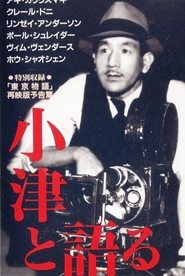 A tribute to the legendary Japanese...
A tribute to the legendary Japanese...Talking with Ozu 1993
A tribute to the legendary Japanese film director featuring the reflections of filmmakers Lindsay Anderson, Claire Denis, Hou Hsiao-hsien, Aki Kaurismäki, Stanley Kwan, Paul Schrader, and Wim Wenders
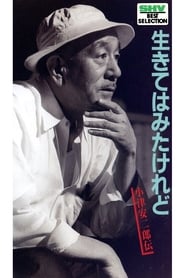 An extremely lovely tribute to Ozu...
An extremely lovely tribute to Ozu...I Lived, But... 1983
An extremely lovely tribute to Ozu, on the 20th anniversary of his death. It uses a combination of footage from vintage films and new material (both interviews and Ozu-related locations) shot by Ozu's long-time camera-man (who came out of retirement to work on this). Surprisingly (or perhaps not), it focuses less on Ozu's accomplishments as a film-maker than on his impact on the lives of the people he worked with..
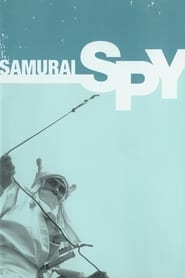 Years of warfare end in a...
Years of warfare end in a...Samurai Spy 1965
Years of warfare end in a Japan unified under the Tokugawa shogunate, and samurai spy Sasuke Sarutobi, tired of conflict, longs for peace. When a high-ranking spy named Tatewaki Koriyama defects from the shogun to a rival clan, however, the world of swordsmen is thrown into turmoil. After Sasuke is unwittingly drawn into the conflict, he tracks Tatewaki, while a mysterious, white-hooded figure seems to hunt them both. By tale’s end, no one is who they seemed to be, and the truth is far more personal than anyone suspected. Director Masahiro Shinoda’s Samurai Spy, filled with clan intrigue, ninja spies, and multiple double crosses, marks a bold stylistic departure from swordplay film convention.
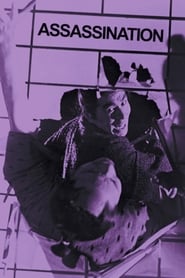 Assassination begins with the events of 1853...
Assassination begins with the events of 1853...Assassination 1964
Assassination begins with the events of 1853 when "four black ships" anchored at Edo Bay, sparking civil unrest and the major political manoeuvring that saw the end of the Tokugawa Shogunate. At a time when assassination had become a disturbing political tool, Shinoda's film follows Hachiro Kiyokawa, an ambitious, masterless samurai whose allegiances drift dangerously between the Shogunate and the Emperor.
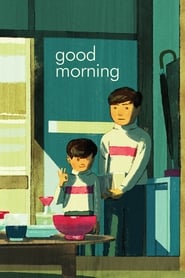 A lighthearted take on director Yasujiro...
A lighthearted take on director Yasujiro...Good Morning 1959
A lighthearted take on director Yasujiro Ozu’s perennial theme of the challenges of intergenerational relationships, Good Morning tells the story of two young boys who stop speaking in protest after their parents refuse to buy a television set. Ozu weaves a wealth of subtle gags through a family portrait as rich as those of his dramatic films, mocking the foibles of the adult world through the eyes of his child protagonists. Shot in stunning color and set in a suburb of Tokyo where housewives gossip about the neighbors’ new washing machine and unemployed husbands look for work as door-to-door salesmen, this charming comedy refashions Ozu’s own silent classic I Was Born, But . . . to gently satirize consumerism in postwar Japan.
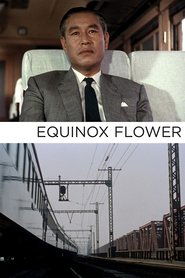 Wataru Hirayamas outwardly liberal views on...
Wataru Hirayamas outwardly liberal views on...Equinox Flower 1958
Wataru Hirayama's outwardly liberal views on marriage are severely tested when his daughter declares that she is in love with a musician and is adamant to live life her own way, instead of agreeing to an arranged marriage. Outwitted by his female relatives, Hirayama stubbornly refuses to admit defeat.
 A young Tokyo salary man and...
A young Tokyo salary man and...Early Spring 1956
A young Tokyo salary man and his wife struggle within the confines of their passionless relationship while he has an extramarital affair.
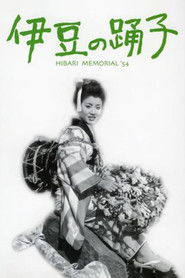 A dancer girl in a touring...
A dancer girl in a touring...Dancing Girls of Izu 1954
A dancer girl in a touring company met a high school boy in a port town. The story is about their first love that is very touching and sorrowful. An adaptation of the Kawabata Yasunari short story.

 The adventures and tribulations of a...
The adventures and tribulations of a...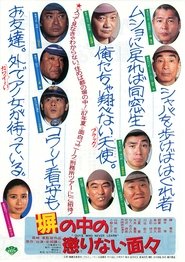 Comedy based on a book by...
Comedy based on a book by...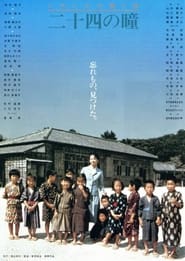 The story of a teacher who...
The story of a teacher who...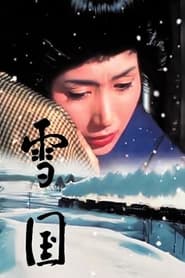 This movie is based on an...
This movie is based on an...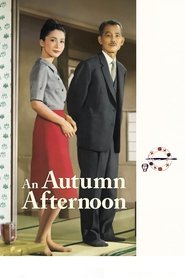 Shuhei Hirayama is a widower with...
Shuhei Hirayama is a widower with...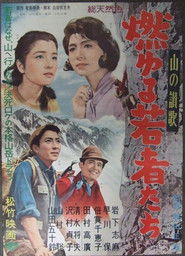 A treasury official passed over for...
A treasury official passed over for...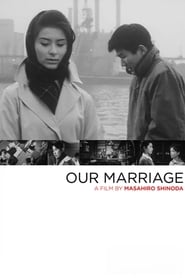 When two sisters fall in love...
When two sisters fall in love...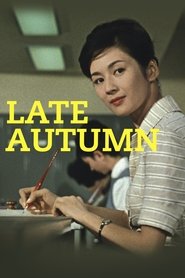 A woman and her daughter are...
A woman and her daughter are...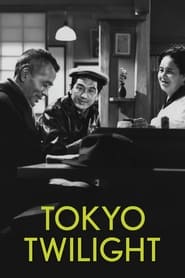 Two sisters find out the existence...
Two sisters find out the existence...